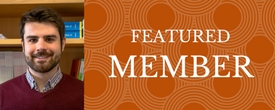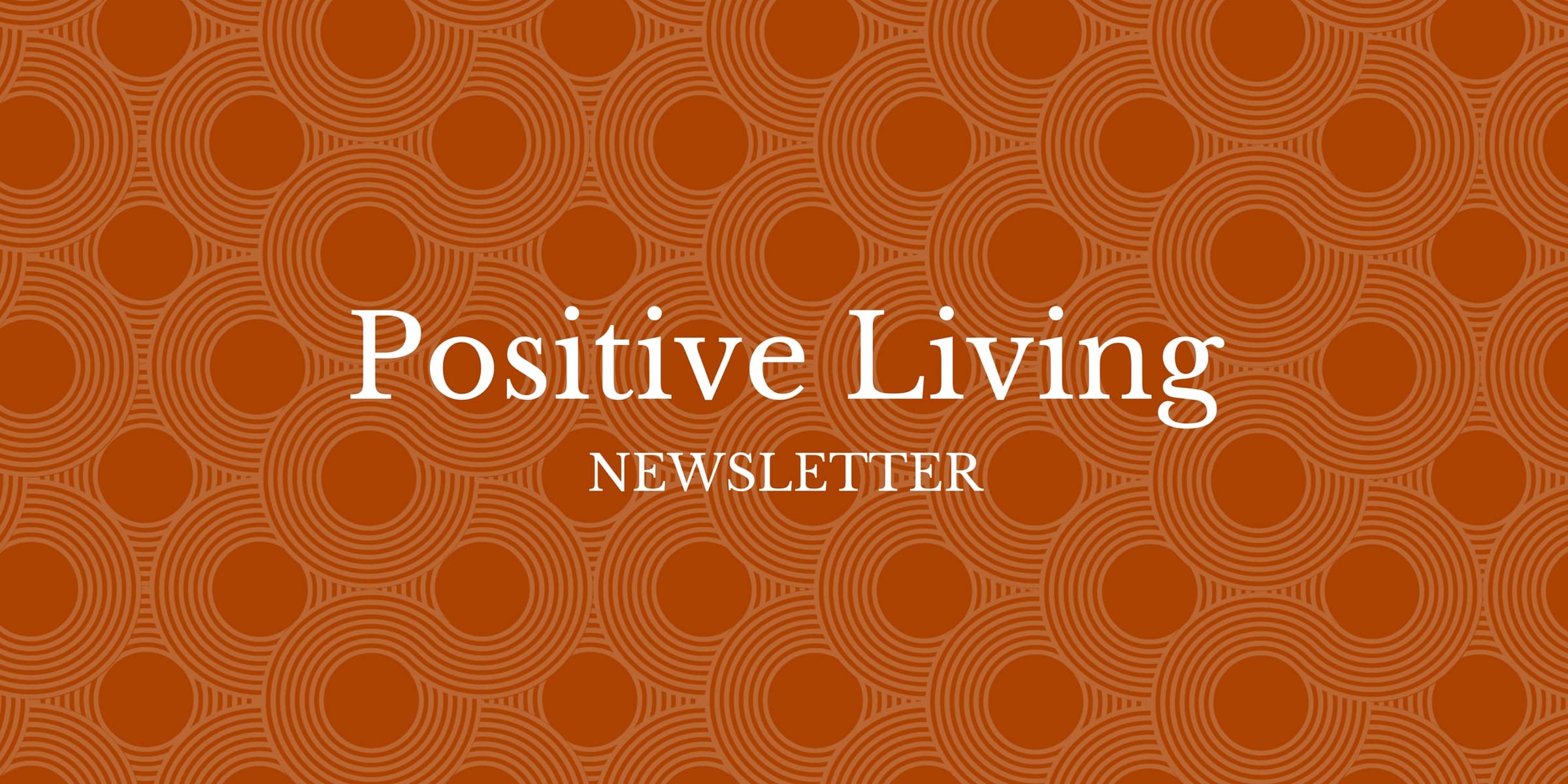Submitted by David Carreno for the Positive Living Newsletter (November 2017). Read the rest of the newsletter here.


First of all, I would like to express my thanks for the incredible welcome that I received from Dr. Paul T. P. Wong and Dr. Lilian C. J. Wong. It is so rewarding to know that psychology also includes human professionals who
The motive of the present text is to introduce myself to all of you as a new member of this community. Currently, I am a research fellow in the Department of Psychology at the University of Almeria, Spain. For the past couple of months, I have been doing a research internship with Dr. Wong in Toronto. The path towards this academic point has been particularly meaningful for me. Inspired mainly by my maternal grandfather, the dream of my life has always been to study at the university and become a cultivated person. This dream was the light at the end of many tunnels I passed through during my childhood and as a teenager. Finally, after finishing high school, and influenced by my ignorance, I registered in mechanical engineering. People used to say that diligent students in technical-scientific courses should become professional engineers as they have many job opportunities and high salaries. Wrong.
And that was how psychology came explicitly into my mind for the first time. Against the opposition of many important people, including my lovely mother, who anecdotally graduated in psychology last year, and with the unconditional support of my father, I left mechanical engineering to focus on psychology. That day, I went directly to the library of my city (Bullas) to pick my first psychology book (Practical Psychology of Daily Life by Bernabe Tierno). I remember breaking into tears while I was reading. Many of my ideas were so well captured in that book! Definitely, psychology was my field, my calling.
Since then, I have passionately dedicated myself to psychology, learning and putting this knowledge into practice to help people around me. Firstly, most of my bachelor and master degrees focused on the study of Functional Contextualism, a modern approach of behaviorism. This approach gave me a lot of skills and knowledge about experimental settings and the basics of behavior. Above all, I learned how to be more accurate when defining and
But fortunately, thanks to the indescribable support of my partner, Nikolett Eisenbeck, with whom I share my dreams, a few months ago I decided to follow my instinct and focus my research on what I really enjoy; on what I have learned through my experience with other human beings, on what led me to choose psychology as my profession. This is undoubtedly better covered by an
My doctoral thesis is about the shift in personal values and meaning in life experienced by cancer patients and its relation to psychological well-being. My core interest is to scientifically study the role that human relationships and social values have on the meaning in life and personal flourishing.
To conclude, this is what fundamentally made me contact Dr. Wong, to attend the Summer Institute, and to become a new member of this professional network. Although I am a novice, I hope to contribute to the development of this approach with all of you. A hard but meaningful path is waiting.

 Meaning Conference 2025 will be the INPM’s first in-person conference with a virtual option after the pandemic.
Meaning Conference 2025 will be the INPM’s first in-person conference with a virtual option after the pandemic.